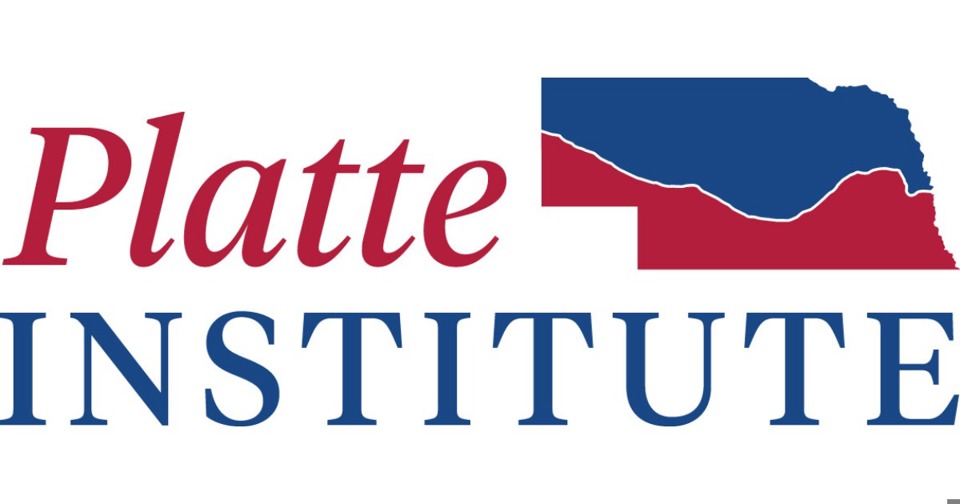Platte Institute Outlines Comprehensive Property Tax Reform Plan and Opposes EPIC Tax Proposal

OMAHA, NE — The Platte Institute outlined some specific policy recommendations necessary to reform Nebraska’s property tax system. At the same time, the Institute voiced strong opposition to the EPIC Consumption Tax plan, which proposes replacing all state and local taxes with a consumption tax.
“Our goal is to achieve meaningful tax reform based on sound policies that will endure for generations,” Vokal stated. “Our message is simple,” Vokal continued, “lowering property taxes doesn’t require a massive tax hike or a huge increase in money taken from the federal government. It does require limiting local governments spending growth, increased transparency, and ensuring we’re getting the most out of existing relief efforts.”
The Platte Institute’s property tax plan includes:
Hard Cap on Property Taxes: Imposing a strict cap to ensure that state funds allocated to local governments are used exclusively for property tax relief.
100% Rate Roll-Back: Automatically reducing property tax rates to offset increases in property valuations and state aid, preventing unlegislated tax hikes.
Truth in Taxation Transparency: Engaging citizens from the first dollar of any property tax increase to ensure accountability and transparency in local fiscal decisions.
Reallocation of the 1107 Income Tax Credit: Distributing the credit proportionately to each school district to achieve dollar-for-dollar tax relief, with measures in place to prevent excessive tax increases.
State Revenue Preservation: Avoiding the dedication of ongoing state revenue gains to local governments, maintaining the state’s ability to manage future spending needs and tax reductions.
Alongside its property tax reform plan, the Platte Institute recently expressed significant concerns about the EPIC Consumption Tax plan.
“While we share the vision of a more consumption-based tax system and the elimination of carveouts, the EPIC tax plan poses substantial risks to Nebraska’s economic stability and competitiveness,” Vokal explained.
Key concerns about the EPIC tax plan include:
Lack of Revenue Diversification: Replacing all other state and local taxes with a single consumption tax could lead to severe revenue shortfalls and instability.
No Precedent of Success: No other state has implemented such a plan, making it a highly risky and untested approach.
Increased Bureaucracy: Centralizing budget authority under a new state bureaucracy would reduce local accountability and complicate the distribution of funds.
Regional Competitiveness: A high consumption tax rate, estimated to be at least 21.6%, would negatively impact Nebraska’s competitiveness and disproportionately burden certain demographics.
“Our approach must be based on well-thought-out solutions that do not jeopardize Nebraska’s future,” Vokal emphasized. “While we support substantial property tax cuts, the EPIC tax proposal falls short on simplicity, transparency, and economic growth.”
